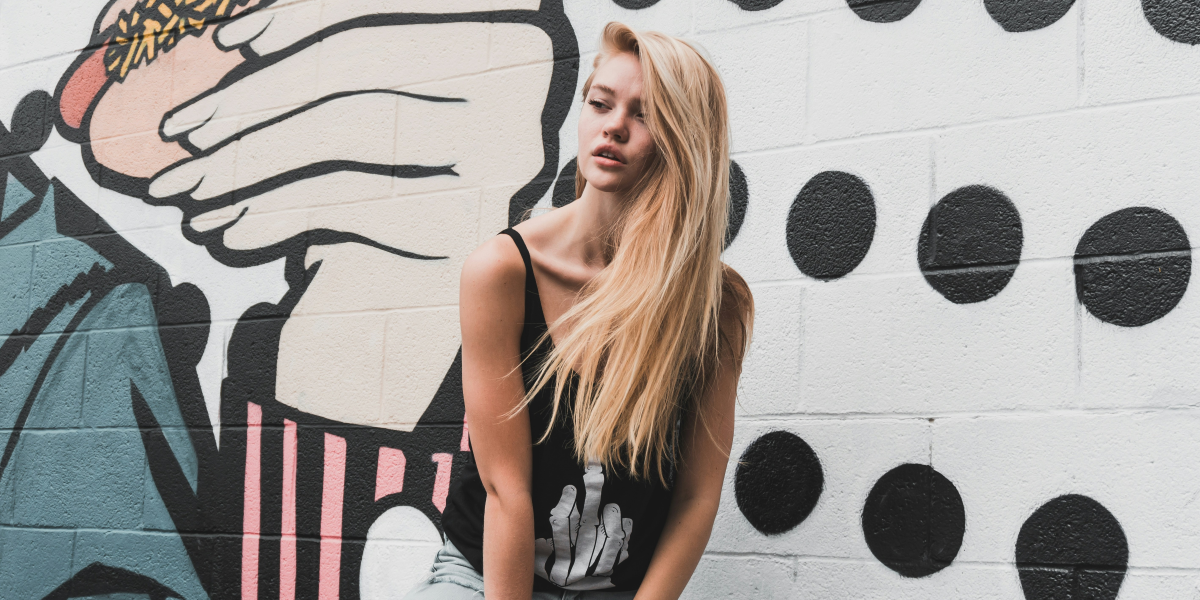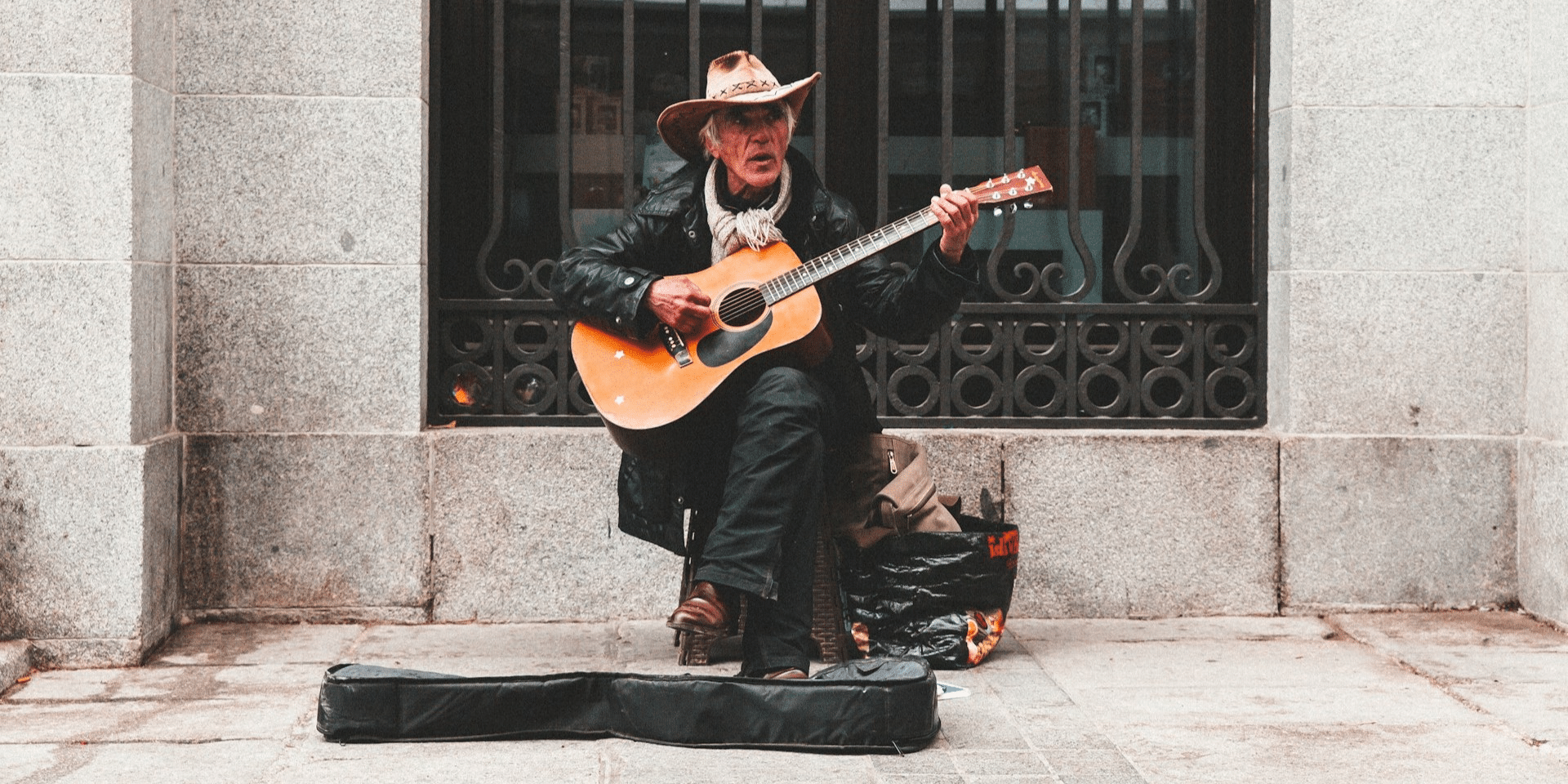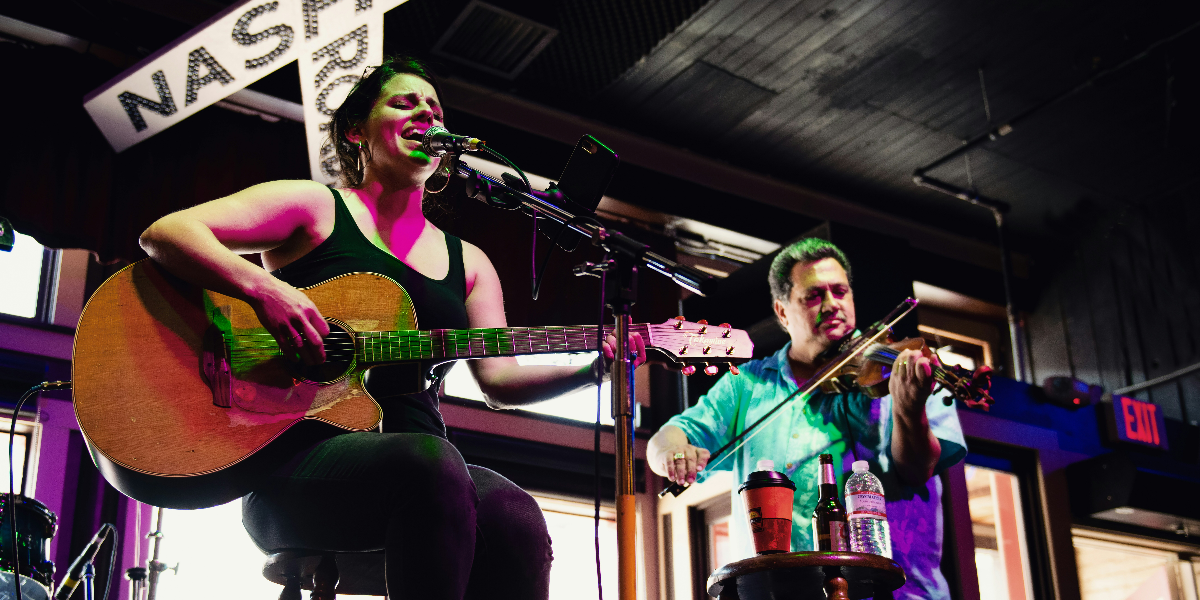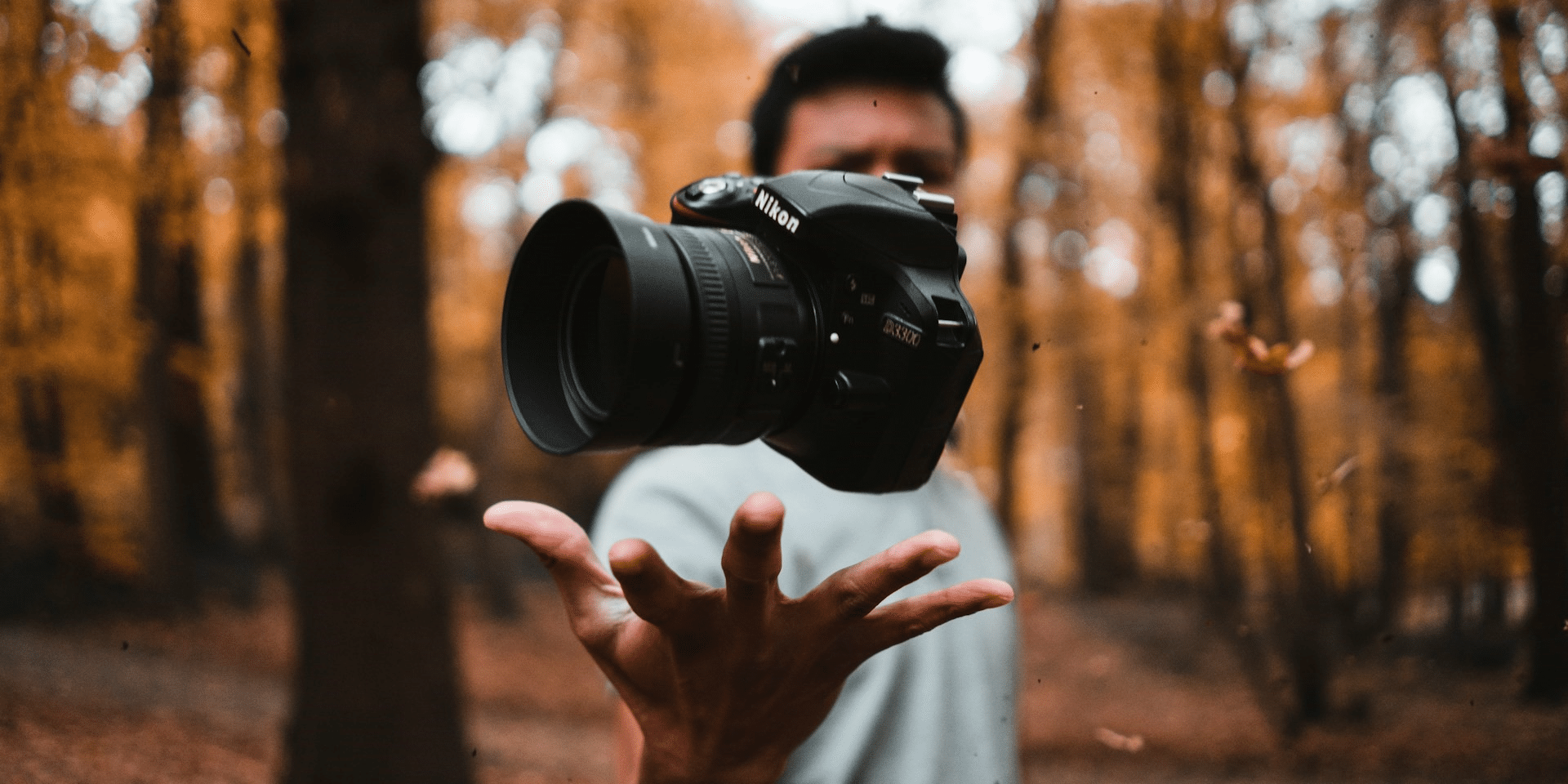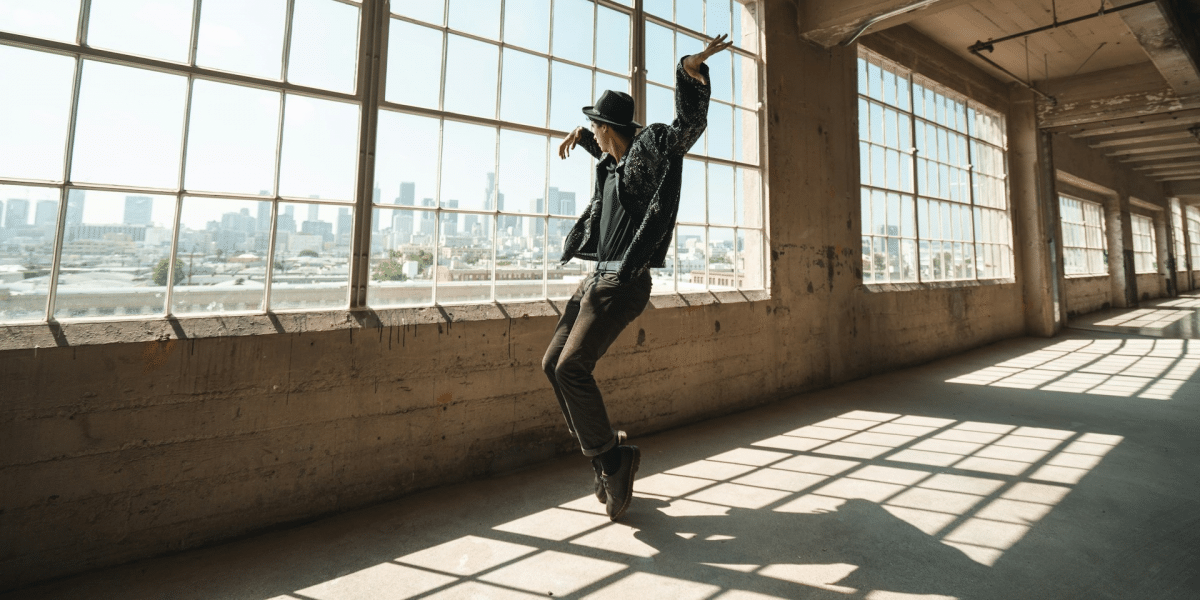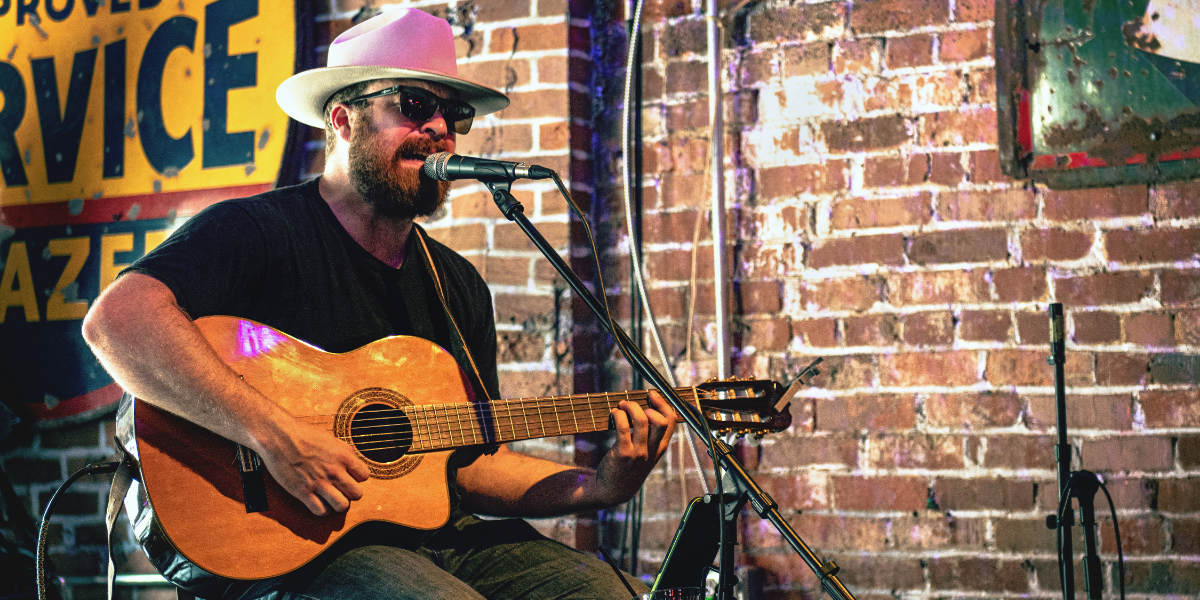Exploring Diverse Modeling Opportunities in Today’s Industry
The modeling industry has grown beyond traditional runways and glossy magazine spreads. Today, aspiring models can explore a wide range of opportunities that cater to various body types, styles, and personal interests. This expansion has not only diversified the field but also made it more inclusive, allowing more people to break into modeling than ever before. Here’s a look at some of the unique modeling opportunities available in the industry today.
Runway Modeling: The Classic Path to Fame
Runway modeling remains one of the most recognized types of modeling, where models showcase designers’ collections at fashion shows. This high-profile modeling path requires a strong runway walk, the ability to adapt to diverse designs, and often a tall and slender physique. Runway models are known for their grace, posture, and their ability to showcase garments effectively, bringing the designer’s vision to life on stage.
Although this category has traditionally had strict requirements, more designers and brands are now open to diversity on the runway, including models of various sizes, ethnicities, and gender identities. This shift reflects broader changes in fashion as brands seek to connect with a wider range of audiences by embracing inclusivity.
Commercial Modeling: Accessible and Diverse Opportunities
Commercial modeling appeals to a wide array of brands, from local businesses to major corporations. Unlike runway modeling, it’s more flexible regarding height and size, prioritizing a model’s adaptability and relatability. Commercial models appear in print ads, catalogs, TV ads, and social media, making products approachable for the audience. This field has expanded with digital marketing, opening doors for models in lifestyle, tech, and consumer product promotions, catering to a variety of demographics.
Plus-Size Modeling: Promoting Inclusivity
Plus-size modeling celebrates body positivity, providing visibility for models with fuller figures and promoting inclusivity in the fashion industry. This category has gained traction as brands commit to representing diverse body types. Confidence is key in plus-size modeling, as well as the ability to showcase clothing with style and presence. Well-known brands now regularly feature plus-size models in ads and runway shows, reinforcing the belief that beauty and style come in all sizes.
Fitness Modeling: Embodying Health and Vitality
Fitness modeling emphasizes health, athleticism, and an active lifestyle. Models in this field typically have a toned, fit physique and are featured in ads for sports apparel, athletic equipment, and health products. Seen in fitness magazines, online videos, and social media campaigns, fitness models inspire audiences by embodying strength and vitality. This category suits those dedicated to fitness, offering a career that blends passion for health with professional growth.
Alternative Modeling: Celebrating Unique Styles
Alternative modeling caters to models who don’t conform to conventional beauty standards or mainstream aesthetics. This field includes models with tattoos, piercings, unique hairstyles, and distinctive personal styles. Alternative modeling has gained popularity, particularly in genres such as punk, gothic, and streetwear, allowing models to express their individuality and reach audiences interested in subcultures and non-traditional fashion.
Brands specializing in alternative fashion or lifestyle products seek models who embody these niche aesthetics. Alternative modeling celebrates uniqueness and encourages models to bring their personal style to the shoot, making it a rewarding choice for those who want to break away from traditional beauty norms.
Social Media and Influencer Modeling: Building a Personal Brand
With the rise of social media, influencer modeling has become a significant avenue for aspiring models to showcase their talent directly to an audience. Platforms like Instagram, TikTok, and YouTube allow models to create and share content that reflects their personal style, interests, and values. Social media models can build a loyal following, attracting brands that want to collaborate with them for product placements, endorsements, and sponsored content.
Influencer modeling requires an understanding of personal branding, content creation, and audience engagement. Models in this field have more control over their careers, choosing collaborations that align with their image and values. By building a presence on social media, models can access a wide range of opportunities without relying solely on traditional agencies or casting calls.
Embracing the Expanding Opportunities in Modeling
The modeling industry’s diversity means aspiring models have numerous pathways to explore based on their personal strengths and preferences. From fitness and plus-size modeling to influencer and alternative modeling, there are more ways than ever for individuals to break into the field and showcase their unique attributes. This expansion offers aspiring models flexibility, allowing them to find roles that align with their interests and body types while connecting with audiences in authentic, impactful ways.
By exploring different types of modeling, individuals can find the niche that best fits their style and personality, paving the way for a fulfilling and successful career.
Published by: Khy Talara



